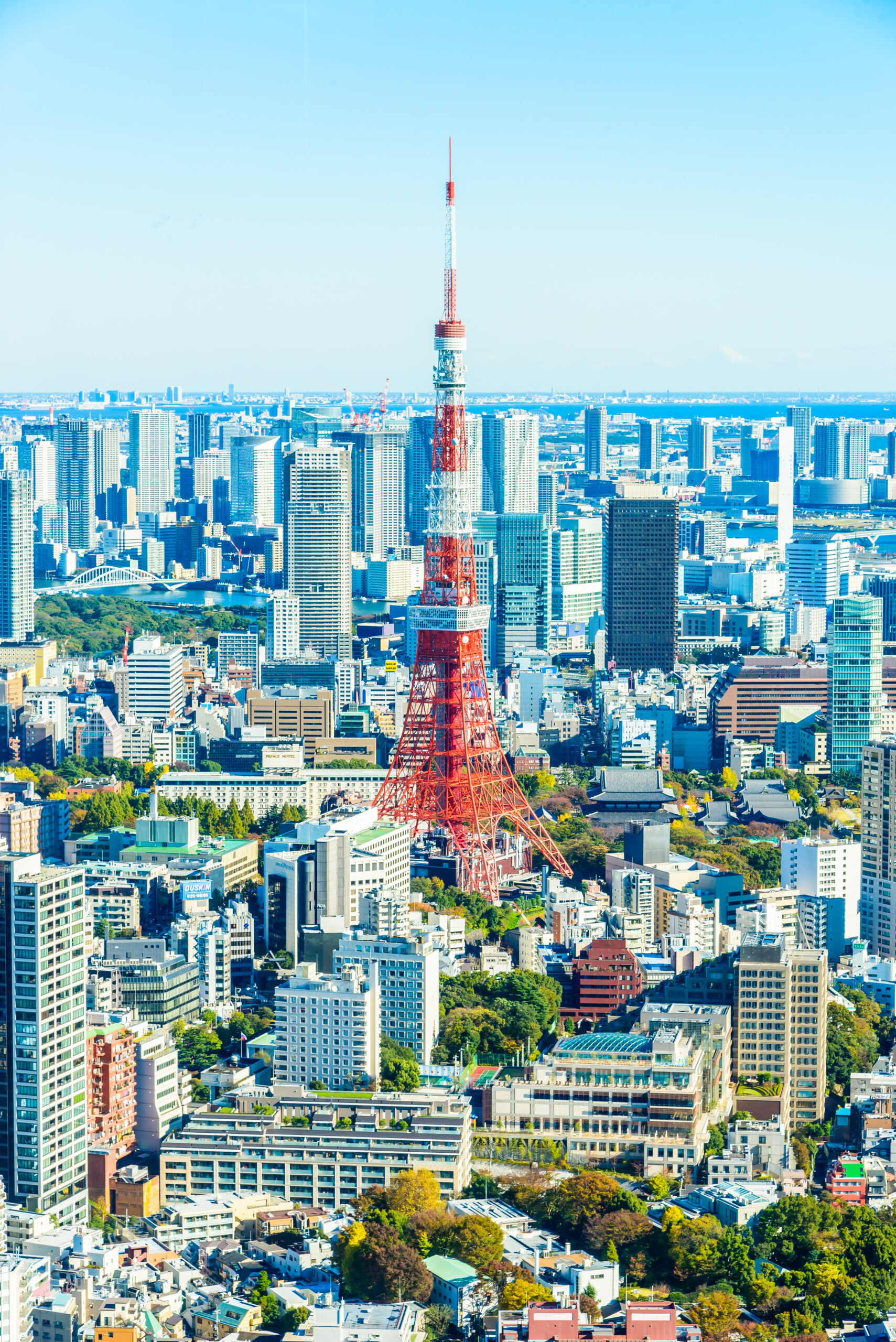Japan Cosmetic Regulations Comprehensive Guide
- Home
- Cosmetics Regulations
- Japan Cosmetic Regulations

Understanding Japan Cosmetic Regulations
To be sold in Japan, cosmetics products and quasi-drugs must be compliant with:
- The Act on Securing Quality, Efficacy and Safety of Pharmaceuticals, Medical Devices, Regenerative and Cellular Therapy Products, Gene Therapy Products, and Cosmetics
- Standards for Cosmetics
- The Act Against Unjustifiable Premiums and Misleading Representations
- The High-Pressure Gas Safety Law
- Fair Competition Rules
- The Narcotics and Psychotropics Control Act
In order to sell cosmetics or quasi-drug products, the importer must have a manufacturing license and a marketing license for which a Responsible Person must be designated. The importer must also be compliant with Good Manufacturing Practices (GMP), Good Quality Practices (GQP) and Good Vigilance Practices (GVP).
Distinction between Cosmetics & Quasi-Drugs
Cosmetics (Article 2.3 of the Pharmaceuticals Affairs Law):
“The term “cosmetic” used in this law refers to articles with mild action on the human body which are intended to be applied through rubbing, sprinkling or other similar methods, and are used to clean, beautify and increase attractiveness, alter the appearance or to keep the skin or hair in good condition. Proviso: these articles shall exclude quasi-drugs and those intended concurrently for the uses specified in Paragraph 1, Item 2 or Item 3.”
The comprehensive Licensing Standards of Cosmetics by Category (released in 1999) indicated 11 distinct categories of cosmetic products.
Quasi-Drugs
“Products with mild action on the human body, they are considered as cosmetics with mild pharmacological action.”
Quasi-drug categories have been specified in Announcement No. 25 of the Ministry of Health from February 6, 2009. There are currently 27 quasi-drug categories.
The following products are included in the quasi-drug category: anti-dandruff, whitening, anti-acne, anti-chapping, anti-dryness, deodorants, antiperspirants, hair-growth, hair dying, hair perming, toothpastes, bath salts, mouth washes, breath products, etc.
Biorius covers both cosmetic products and quasi-drugs, and can help cosmetics companies with regulatory revisions.
How does it work?
The process is the same for cosmetics and quasi-drugs, except for pre-approval dossier preparation for quasi-drugs. It can take up to six months to be reviewed by the Pharmaceuticals and Medical Devices Agency (PMDA).
BIORIUS’ experts analyze the formulas and review the labels for both cosmetics and quasi-drugs in addition to preparing the pre-approval dossier for quasi-drugs.
The preparation of the pre-approval dossier includes documentation to submit to the PMDA.
Regarding cosmetics, there is no cosmetics dossier to provide to the authorities. The importer is responsible for the safety of the product. BIORIUS can verify the safety of the finished product as well as compliance with required standards.
Regulatory revision consists of a formula review, a label and claims review and preparation of a pre-approval dossier for quasi-drugs.
Expanding Your Cosmetics Market Internationally ?
3 Steps to Achieve Japan Cosmetics Compliance
Step 1: Thorough Formula Review
Toxicological and regulatory assessment of ingredients and impurities, establishment of the INCI and ingredients lists in Japanese, establishment of warnings and precautions for use.
The product category (cosmetic or quasi-drug) is determined during this first step.
A formula review report is issued, which highlights the following elements:
-
Ingredients names (INCI and Japanese names) -
Percentage of each ingredient -
Regulations and restrictions -
Margins of safety -
Comments from the experts (amendments needed)
The Japanese ingredients list and INCI list as well as warnings and precautions for use are also provided upon conclusion of this step.
As an option, Biorius can verify the safety of the finished product as well as compliance with required standards.
Step 2: Label & Claims Review
Evaluation of product labels (ingredients list, symbols, legal requirements, etc.) and claims substantiation.
The label and claims review consists of a report containing all the information that needs to appear on the labeling material:
-
Required elements -
Presence of required elements (primary packaging, secondary packaging & leaflet) -
Claims -
Conclusions on each claim -
Final ingredients list in Japanese and INCI list -
Comments from the experts – strategic recommendations provided for updating the label
Step 3: Pre-Approval Dossier Preparation for Quasi-Drugs
Evaluation of the documentation needed for pre-approval.
Biorius evaluates the following elements:
-
Data regarding origin and background of use in foreign countries -
Data regarding physical and chemical properties, specifications and testing methods -
Data regarding stability -
Data regarding safety -
Data regarding efficacy or effect
The data required for registration will depend on the class of the quasi-drug (Notification No. 1121), and will be conclusive at this step.
Get in Touch
Need a piece of advice, a quotation or answers to your questions?
Fill in this form or contact us directly: info@biorius.com – We will answer as soon as possible!
As specialists in cosmetic Regulations for more than 15 years, Biorius offers a reliable turnkey solution for placing cosmeticproducts in various markets:
-
First Class specialists in cosmetic regulations in Europe, the United Kingdom, the United States, and in more than 60 countries -
50 regulatory experts, toxicologists, pharmacists, and chemists to serve you. -
A unique model that guarantees you both the fastest turnaround possible and high-quality services. Curious? Ask us to know more! -
A best-in-class IT tool, free of charge, and saving a lot of your time. -
More than 1,500 international clients have already chosen Biorius! -
We evaluated more than 100,000 products and have always successfully managed compliance over 15 years of existence
Get in Touch
"*" indicates required fields
